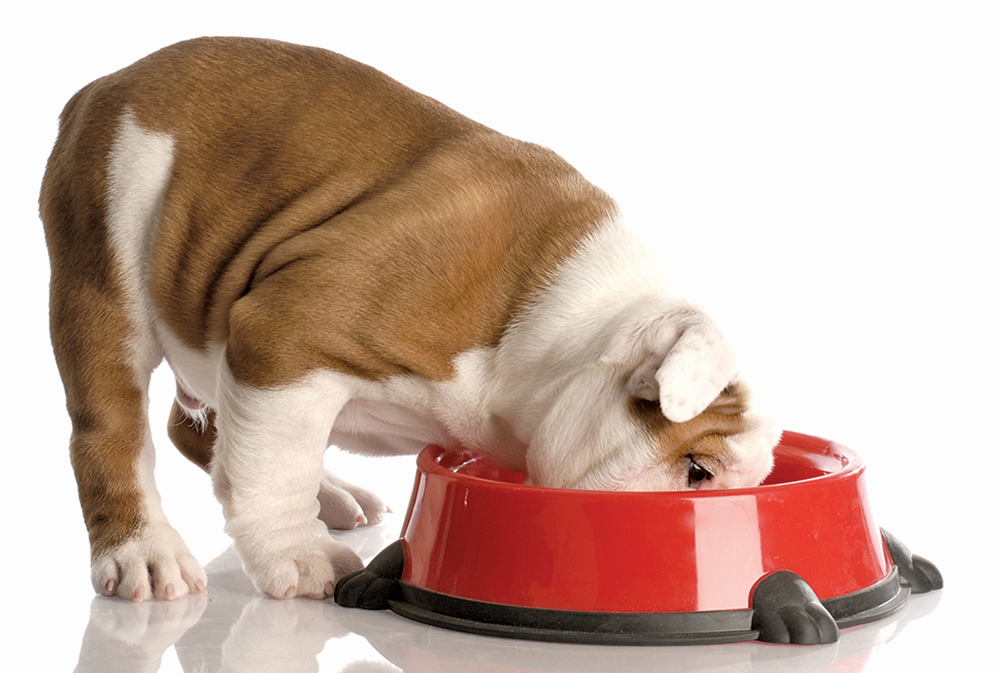 Obesity is the most common nutritional disorder seen in our dogs and cats.
Obesity is the most common nutritional disorder seen in our dogs and cats.
Recent figures show that up to 41 per cent of dogs and 32 per cent of cats are considered to be obese. Even more alarming is that, on average, an overweight pet will live two to five years less than a pet with an ideal body weight.
Like humans, pets become obese primarily due to overeating. Most obesity is simply caused when a pet consumes more calories than they expend. These excess calories are then stored as body fat. While some contributing factors like breed, sex, heritable traits, and age are beyond our control, pet owners can manage their pet’s diet and exercise to prevent obesity.
Key factors contributing to pet obesity include:
• Excessive calorie intake: Overeating is the most direct cause of obesity in pets.
• Inappropriate use of human snacks and treats: For example, giving a dog a small plain biscuit is equivalent to a human consuming a hamburger. Such treats quickly add up.
• Lack of exercise: A sedentary lifestyle contributes significantly to weight gain.
• Medications: Certain medications, like cortisone, can stimulate appetite.
• Decreased energy requirements: Spayed or neutered pets are more prone to obesity due to hormonal changes that slow metabolism. Adjusting their diet and exercise can help maintain a healthy weight.

Health problems start to appear when a pet’s body fat exceeds 15 per cent above its ideal weight.
These health issues include:
• Diabetes mellitus
• Cardiovascular disease: Heart disease becomes more prevalent.
• Joint problems and musculoskeletal pain: Conditions like arthritis become common.
• Increased surgical and anaesthetic complications
• Neurological disorders
• Respiratory problems
• Cancer and tumours
• Skin problems
• Reproductive disorders
• Decreased quality of life
If you’re trying to help your pet lose weight, start by evaluating their diet, including snacks.
For instance, the sausage you gave your pet last night is comparable to you eating six donuts! Instead, consider these healthier options such as carrots, cucumbers, apples and ice cubes.
If you have difficulty feeling your pet’s ribs, if they lack a visible ‘waist’, and if they waddle when they walk, your pet might be overweight. It’s crucial to address this issue promptly.
For tailored advice and support, you can reach out to the team at Orchard Hills Veterinary Hospital on 4736 2027

